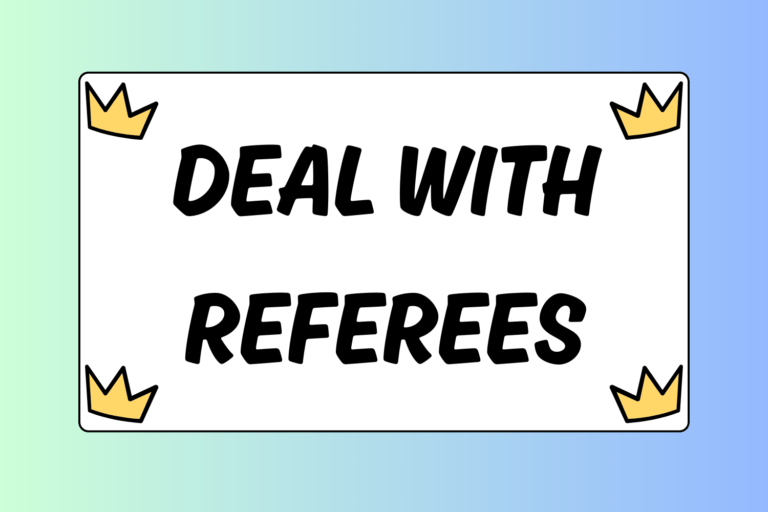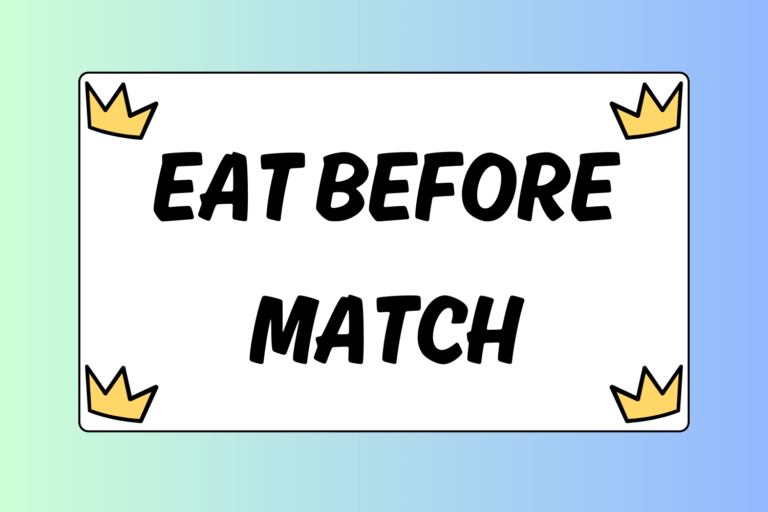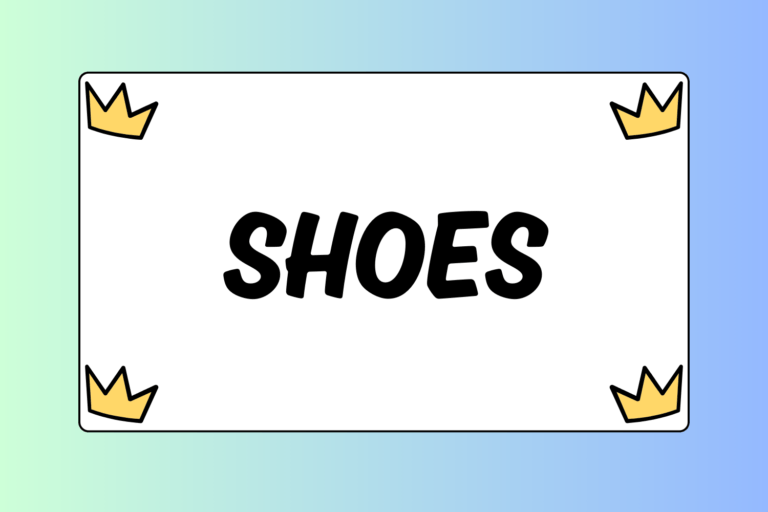Some of the best wrestlers in the world got their start at a local wrestling club. The United States’ Cael Sanderson, and Russia’s Alexander Karelin are just two elite wrestlers who dedicated themselves to the sport at an early age by competing for a club. No matter what your goals are in the sport, you should join a club team in order to ensure that you’re developing the right skills at the right pace.
There are several things you should be looking for when trying to determine whether or not a club is right for you or your child. Some of the suggestions in this guide may be more important to you than others, but make sure to at least consider each of the following areas to make sure the club you choose a good fit.
Start Close to Home
The internet is a good place to search for wrestling clubs and teams in your area.
Going with the notion that everyone wants to find a quality club that is close to home, a good place to start is with local school teams. Many primary and secondary schools have club teams in addition to their scholastic squads. There also may be information about club practices or matches in your local newspaper, or even at a community center. Gather some information and check out an event to see if you like the way the team is run.
If you are able to attend a match or a practice (make sure these are open to the public), try to track down a coach or two and ask them about their program. Keep in mind that coaches will likely be busy dealing with their wrestlers, so don’t take it personally if you don’t get the answers you’re looking for right away. Try asking for a phone number, e-mail address or even the team’s website to continue your search for information. Most coaches will be glad to help, and making contact is a good first step to get you into a club.
Hot Tip: Sacrifice for Success
Wrestling is more popular in some regions than others, and depending on where you live, finding a quality club may be difficult. If you are truly serious about the sport and want to take your skills to the next level, you may have to travel several miles away in order to train under quality coaches and against tough wrestlers. In some cases, it will take time and money to be the best you can be, so be prepared to sacrifice in order to achieve your goals.
What’s in Style?
When joining a club, it’s important to know the style(s) that are being taught. Most clubs around the world practice Freestyle and/or Greco-Roman. Even in America, where Folkstyle is the most popular style, quality freestyle and Greco clubs are used to give scholastic and collegiate wrestlers additional training in the offseason, and to give them exposure on the national level for college recruiting.
Some clubs might focus primarily on folkstyle, and this will benefit you to a certain extent. In order to gain a broader knowledge of wrestling and face the best competition possible, you will need to learn freestyle and Greco, as well. For more information on rules and styles, see the Rules & Regulations tab.
The Right Direction
The foundation of a wrestling club is the coach. Not only do you want to find a coach who knows what he or she is talking about, you also should be looking for a coach with whom you can identify and generally like being around.
In addition, you should ask questions regarding the coach’s experience level – questions like:
- How much coaching experience do you have?
- What have you accomplished in your athletic and coaching career?
- What’s your level of education?
Having a coach with national and/or international wrestling experience is definitely a plus, but do understand that even the best wrestlers may not be great teachers. It’s common to find a coach with average athletic credentials, but an excellent ability to teach and motivate others. If you aren’t sure if a club coach is doing a good job, check the numbers. Good clubs will often have a cult-like following. If wrestlers keep coming back, practice after practice, you know the program is doing something right.
Another important detail to consider about a club’s coach is his or her philosophies and personal values. In addition to the athletic impression they might leave, coaches will have a profound influence on you or your child’s character and development as a person. Asking about a mission statement, team motto, or coaching philosophy will help to determine if the club has the right atmosphere.
Hot Tip: Steel Sharpens Steel
Who you wrestle with everyday will undoubtedly have an influence on your learning and your performance in competitions. In some areas, good wrestlers may be hard to find, and again, you may have to travel a great distance in order to find partners that will push you to the limit. When looking at a club, consider the skill level of the competitors: wrestling with regionally and nationally ranked wrestlers everyday will force you to build your skills quickly.
Finding Time
If you’ve found a club that you like, you’ll need to find out its practice and match schedule. Most club teams practice in the evenings because members can’t attend during the day, but larger clubs may hold classes all day, or even allow scheduling of private lessons. Make sure that you can attend as many practices as possible.
Some clubs only practice and do not participate in competitions. Competitions are important if you want to get better quickly. Ideally, you want to find a club that participates in large, regional and national-level tournaments. If you are serious about becoming a better wrestler, it is absolutely necessary to compete; if you’re only looking for recreational fun, you probably shouldn’t worry about this. The more tournaments your club attends, the better. You’ll get extra matches against tough competition, and expose yourself to higher levels of wrestling.
Weigh Costs
Many clubs will require some type of fee in order to be a part of the organization. This is usually called a “club due.” Depending on the organization with which the club is affiliated, this money often goes to a membership fee in order to compete. Other times, extra money must be paid to the coaches for facilities, gear, etc.
You may also need to pay more for tournament-entry fees and travel expenses. Some clubs offer assistance with these costs. However, this is usually done at higher levels of wrestling, and/or with club programs that are well-funded. Wrestling at the club level is an investment, so make sure you are serious about the sport before you sign on a dotted line.
Work Hard, Have Fun
The many factors that have been discussed in this guide will help make the process of finding a club easier now that you know what to look for. Again, before deciding on a club, make sure that you set goals for yourself and know what you want to achieve in advance. If you expect to compete at an elite level you will have to dedicate yourself, sacrificing time, money, and more in order to experience success.
Ultimately, the most important part of being involved in a wrestling club is making sure that you are learning and enjoying the experience; whether you are training to be a world champ or just looking to stay in shape, the point is to be having fun while you’re doing it.





